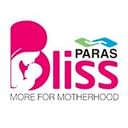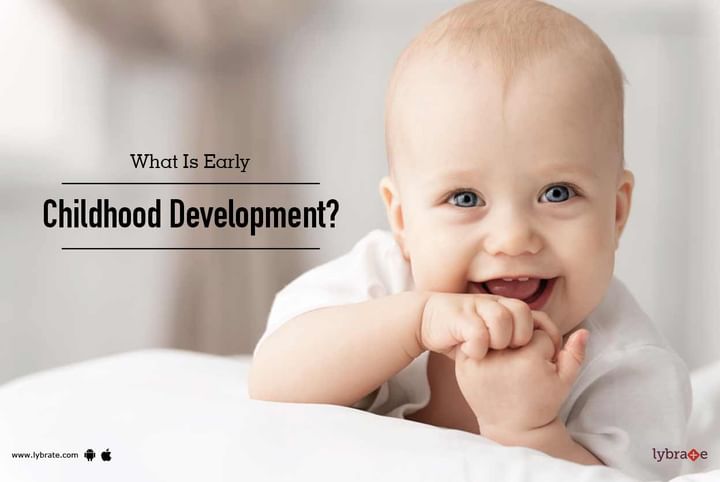What Is Early Childhood Development?
The early childhood period is considered to be the most important developmental phase throughout the lifespan. This period focuses on the physical, social/emotional and language/cognitive domains of development of a child, which have direct effects on their overall development as an adult in the future.
Physical Development: Physical developments of a child are associated with the motor skills and physical growth of the child. As a child grows and his or her nervous system become more mature, the child becomes more capable of performing increasingly complex actions such as walking, running, balance, and coordination which involve the larger muscles like arms and legs, as well as, some more intricate skills such as drawing, writing, grasping objects, throwing, waving, and catching, involving the smaller muscles in the fingers, toes, eyes, and other areas. Physical growth follows a directional pattern, such as the body's core, legs and arms develop before the small muscles in the fingers and hands. The muscles in the center of the body become stronger and develop before those in the feet and hands. Development goes from the head to the toes.
Cognitive Development: Cognitive abilities are associated with memory, reasoning, problem-solving and thinking that continue to emerge throughout childhood. There are four Stages of Cognitive Development:
|
Stage |
Age Period Between |
Milestones |
|
Sensorimotor Stage |
Birth to age 2 |
Respond to sensory stimuli by simple motor skills. |
|
Preoperational Stage |
Age 2 to 6 |
Learn to use language, but do not understand logic or mentally manipulate information and understand others' point of view. |
|
Concrete Operational Stage |
Age 7 to 11 |
Begin to think logically about concrete events, but have difficulty understanding abstract or hypothetical concepts. |
|
Formal Operational Stage |
Age 12 to adulthood |
Able to think about abstract concepts and develop skills such as logical thought, deductive reasoning, and systematic planning. |
Language Development: It is the most remarkable development in children. According to several researches, it is found that language development begins at fetal level, as the fetus is able to identify the speech and sound patterns of the mother's voice and by the age of four months, a child can distinguish between sounds and read lips. Infants are able to differentiate between speech sounds from all languages; however, around the age of 10 months they lose this ability and begin to recognize their native language only.



+1.svg)
